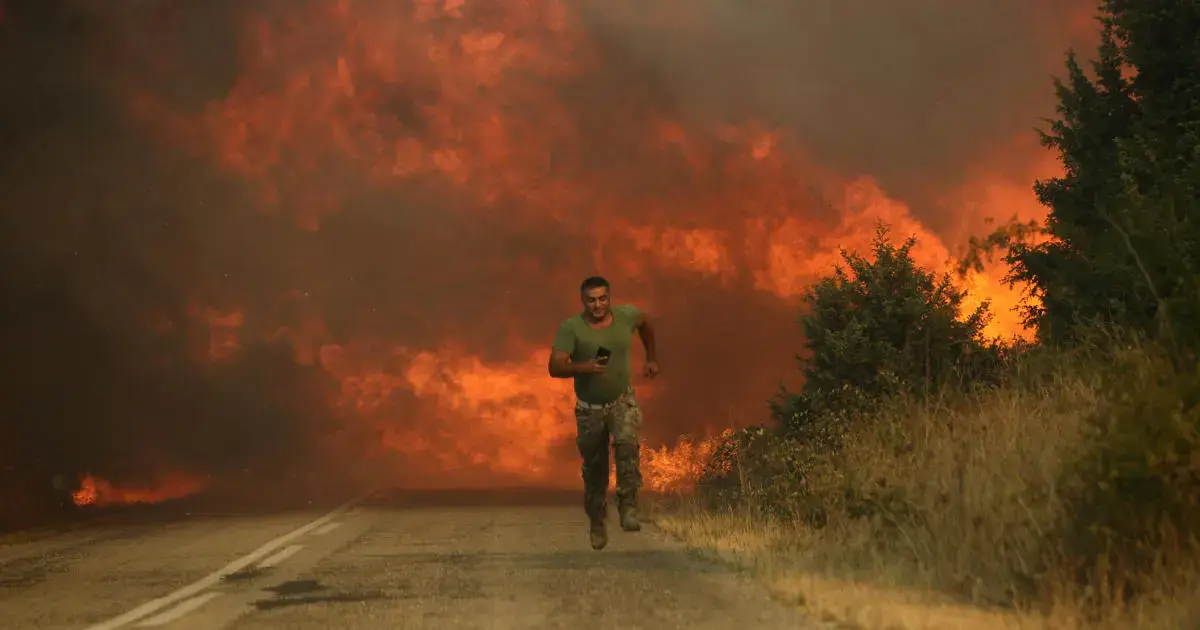deleted by creator
Aww that’s cute, you think they are done squeezing.
Oh it just NOW started you say…. Not like we’ve been dealing with mass extinctions….
I keep saying this, but I’m halfway convinced we’re looking at a black swan event that’s essentially us doing a speedrun in turning the planet into a Venus-like hellscape. I’m more than a little worried that things will go to shit fast
We have been over 100 with the exception of a single day (99) since June. This is alleged to finally end Monday.
That’s fine if you signed up for this by living in Phoenix, but it’s not great hundreds of miles away in a completely different climate. I’m already well into my plan to become a climate refugee … all that remains is seeing how often I have to pull up stakes again going forward.
I thought I had it pretty good and had not previously considered that everything north of the terribly hot places was going to catch on fire instead.
🤖 I’m a bot that provides automatic summaries for articles:
Click here to see the summary
“The dog days of summer are not just barking, they are biting,” warned U.N. Secretary-General Antonio Guterres in a statement coinciding with the release of the latest data from the European Union’s Copernicus Climate Change Service (C3S) by the World Meteorological Organization.
The WMO’s Secretary-General, Petteri Taalas, issued an urgent assessment of the data, saying: “The northern hemisphere just had a summer of extremes — with repeated heatwaves fueling devastating wildfires, harming health, disrupting daily lives and wreaking a lasting toll on the environment.”
The WMO report, which includes the Copernicus data as well information from five other monitoring organizations around the world, showed it was the hottest August on record “by a large margin,” according to the U.N. agency, both on land and in the global monthly average for sea surface temperatures.
The WMO cited the U.K.'s government’s Met Office weather agency, which has warned there is “a 98% likelihood that at least one of the next five years will be the warmest on record.”
In order to slow the greater heating trend, she explained, humans need to reduce carbon emissions from the burning of fossil fuels.
Carlo Buontempo, director of the Copernicus Climate Change Service, noted that August 2023 “was estimated to be around 1.5°C warmer than pre-industrial levels.”
Saved 54% of original text.







